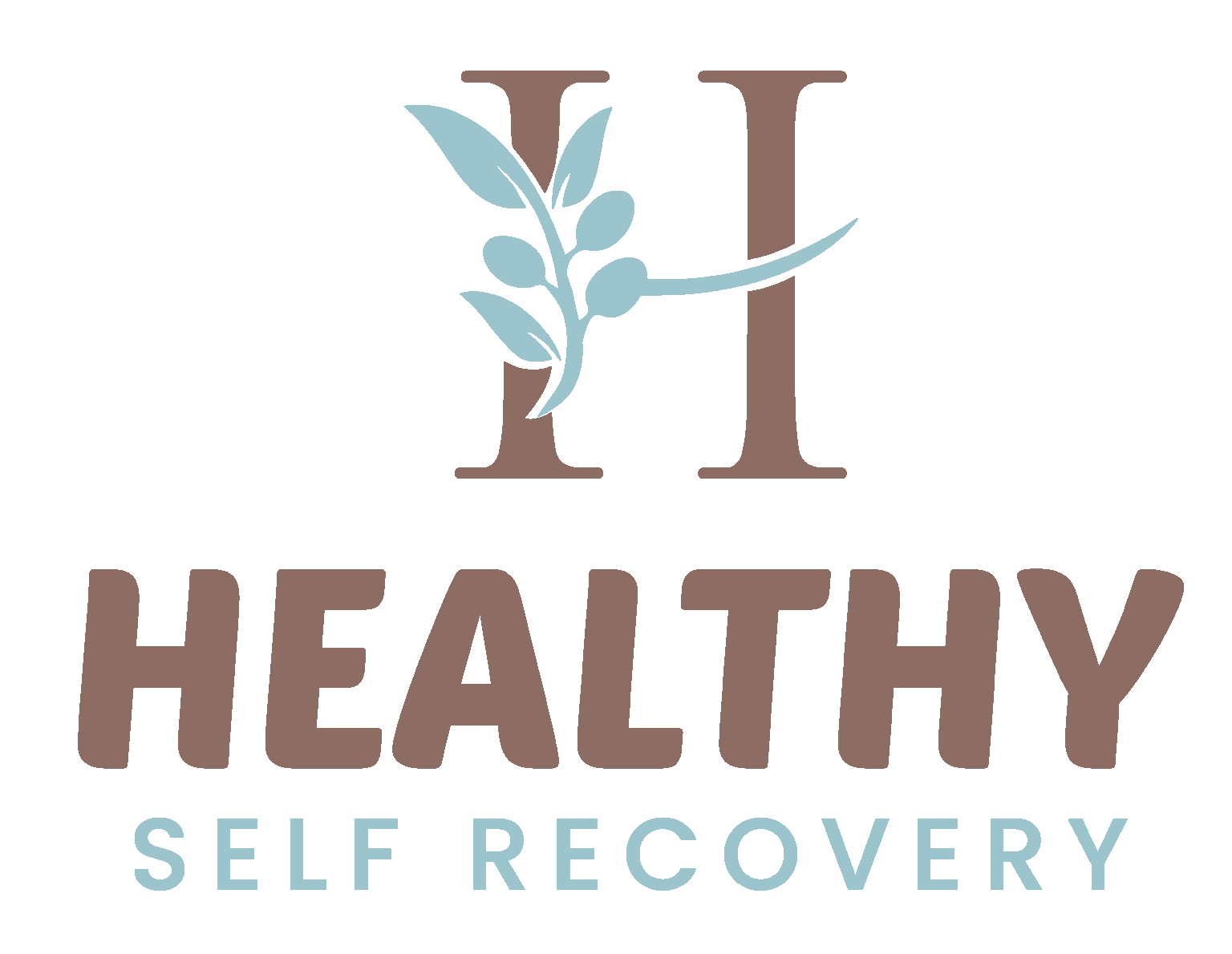Choosing to recover from an eating disorder is a brave choice, and the journey is rarely linear. When someone is recovering from an eating disorder, it can feel like everywhere they turn, there are triggers in everyday life that challenge their recovery and mindset. A crucial part of achieving lasting recovery with eating disorder recovery coaching in England is learning to deal with real-life triggers.
It is one thing to know how to respond in the therapy room, but in real life, when triggered, it can be hard not to respond with an automatic disordered behaviour. Having the practice and skills to recognise that they have the ability to manage their reactions, thoughts, and feelings that occur in response to any triggers not only builds resilience but is also very empowering.

Understanding Eating Disorder Triggers
Eating disorder triggers are situations or moments that cause difficult feelings or discomfort, and then you have the urge to escape, distract from, or get some temporary relief from those by engaging in eating disorder thoughts and behaviours. For example, your colleagues are talking about their exercise routines, which makes you feel ashamed for taking a rest, so you decide to skip a meal. You’re at a birthday party surrounded by diet talk. It makes you feel guilty about eating cake, so you purge.
Triggers are very personal, and everyone’s everyday triggers will be different. That said, here is a list of common real-world triggers for many people:
- Eating with others
- Social gatherings such as dinner with friends or birthday parties
- Conversations about food/dieting
- Food shopping
- Clothes shopping
- Body talk
- Exposure to Gym culture and its obsession with all things body, including the promotion of dieting and exercise to shape one’s body
- Comments about your appearance
- Even changes in routine, such as holidays and unfamiliar foods
Some of the Ways Eating Disorder Recovery Coaching Helps Navigate Triggers
Practical, in-the-moment support. A key differentiator in eating disorder recovery coaching is the continuous access to your coach via messaging. Knowing that you can reach out to someone who will understand and provide support is a huge advantage in recovery. Receiving immediate support and real-time coping strategies increases the likelihood of not succumbing to triggers and staying on track with your recovery goals.
Every time a trigger is overcome, confidence, knowledge, and resilience are gained. Having consistent support and guidance changes triggering moments into opportunities for growth and healing from the eating disorder. In summary, quick access to a coach helps you handle challenges as they occur, building your confidence and resilience over time.

Accountability and Encouragement
Closely linked to having in-the-moment support is having someone to regularly hold you accountable and offer you unconditional encouragement in your recovery journey.
Awareness
There will always be everyday triggers that you encounter on an ad hoc basis. Working with a coach, you can start to develop better awareness of your personal triggers. A coach provides a safe and non-judgmental space to explore the patterns, thoughts, and situations that regularly trigger you. Perhaps you’ve noticed that stepping on the scales always triggers difficult thoughts, or that your eating struggles worsen during holidays.
Identifying your own set of regular triggers helps you build and practice a store of personalized coping mechanisms and grounding techniques, so you are well-prepared for these situations. Key takeaway: Identifying and understanding your specific triggers with support leads to practical coping strategies and readiness for real-life challenges.
Learning to manage self-criticism by fostering self-compassion
Learning to be kind to yourself is a crucial part of the healing process. Eating disorder sufferers often have a harsh inner critic and are consumed with self-criticism and feelings of unworthiness. Ultimately, when triggered, this feeling of unworthiness drives you to engage in disordered behaviours as a means of finding comfort from painful thoughts and feelings. Developing the ability to show yourself the same care that you would to a friend or family member is a successful remedy for countering negative thoughts and behaviours.
Dealing with comparison and body image challenges
Working with a recovery coach can be pivotal in helping with the body image triggers and comparison to others. Having a coach allows you to explore deeply ingrained personal beliefs. This includes fat phobia, or external pressures from social media, the societal thin ideal, and weight stigma in a safe, non-judgmental space. Likewise, a coach will work to explore how body image is closely linked to mood rather than one’s physical state. Takeaway: A coach helps you address comparisons and build a healthier, more understanding relationship with your body image.
An eating disorder recovery coach’s goal is to help someone base their self-worth on intrinsic values rather than external validation.
You Don’t Have to Navigate Eating Disorder Triggers Alone
Triggers are completely normal. Recognizing your own triggers involves understanding what makes recovery feel more challenging. Learning to recognize these moments and finding effective ways to cope with them is a crucial part of building resilience and progressing in your recovery. If you would like help exploring your triggers and with your journey to full recovery, Healthy Self Recovery would love to help.

Find Strength in Overcoming Triggers with Eating Disorder Recovery Coaching in England
Facing triggers can feel overwhelming, but you don’t have to go through it alone. Gentle, supportive eating disorder recovery coaching in England can help you find peace with yourself again. At Healthy Self Recovery, you’ll be met with compassion, understanding, and guidance as you move toward healing. Follow these three simple steps to get started:
- Reach out to book a free discovery call
- Begin working with a supportive eating disorder recovery coach
- Start overcoming and healing from eating disorder triggers!
Additional Services Offered at Healthy Self Recovery
At Healthy Self Recovery, I offer eating disorder recovery coaching that helps you understand and manage your triggers so they no longer control your life. Through coaching, we’ll focus on reconnecting with your body’s natural cues, rebuilding trust around food, and developing approaches that feel empowering, realistic, and sustainable. My coaching combines compassion, practical tools, and lived experience to guide you forward.
In our sessions, we’ll explore the thought patterns, emotions, and physical sensations that fuel disordered eating, with an emphasis on easing urges and managing intense hunger. You’ll also have access to text-based support between sessions for encouragement and accountability. For those who need extra guidance, I provide supportive eating sessions in a safe, nonjudgmental space and coordinate with your care team to ensure consistent, holistic support.
I work with clients online across the UK—including England, Scotland, Wales, and Ireland—as well as internationally. Together, we’ll create a recovery plan that honors your body, nurtures self-compassion, and helps you build a calmer, more balanced relationship with food.








